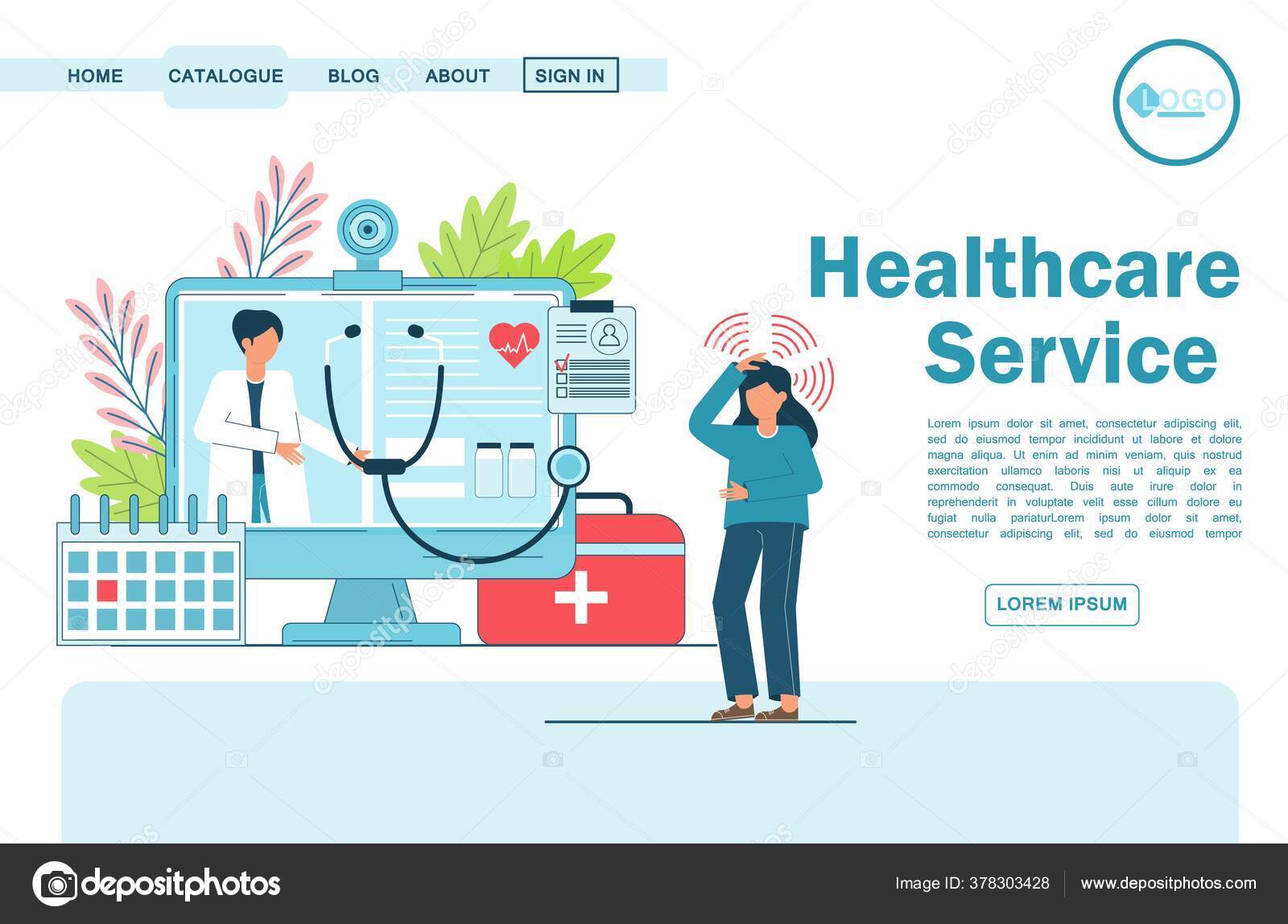The Surge of Subscription-Based Health Care and Its Effect on Patient Treatment
As medical care develops, the subscription-based model is gaining traction, guaranteeing to transform client treatment by supplying predictability and access. The possibility for these models to improve medical care shipment raises pushing concerns regarding their long-lasting sustainability and inclusivity. Are these registration solutions the future of medical care, or do they take the chance of leaving vulnerable populaces behind?
Comprehending Membership Health Care Versions
Realizing the principle of subscription health care versions includes taking a look at a transformative strategy to medical solutions that stresses cost and accessibility. These models, frequently described as direct health care (DPC) or concierge medication, have actually emerged as innovative alternatives to standard fee-for-service health care systems. Registration healthcare enables patients to pay a set month-to-month or annual fee for a defined collection of clinical solutions, which may consist of unrestricted office gos to, routine check-ups, and basic lab examinations, without the need for conventional insurance payment.
The structure of membership medical care models is designed to enhance person treatment by eliminating third-party payers and complicated invoicing codes, therefore minimizing administrative worries. Doctor can focus much more on individual treatment, cultivating stronger patient-provider partnerships. This design also promotes preventative care by urging normal sees, as the monetary challenge of per-visit fees is eliminated.
The registration model frequently encourages health care service providers to take care of smaller sized patient panels, permitting even more customized treatment. It lines up monetary incentives with patient health outcomes, as providers are motivated to preserve patient contentment and health. On the whole, recognizing membership medical care versions needs identifying their potential to reshape how care is supplied and accessed.
Advantages for Companies and people

With a steady profits stream, medical care specialists can commit even more time to each person, leading to a more comprehensive and tailored care experience. The focus on preventive care within registration strategies can lead to far better person outcomes and lowered long-lasting medical care expenses.
Difficulties and Concerns
While subscription-based healthcare models existing various advantages, they likewise come with a collection of challenges and concerns that should be dealt with. Ease of access remains a substantial concern, as these versions often target individuals that can pay for month-to-month fees, possibly omitting low-income populations. This increases moral concerns concerning equitable accessibility to healthcare solutions. In addition, the diverse nature of membership strategies can cause complication among individuals her explanation concerning coverage specifics, possibly leading to unmet expectations or insufficient treatment.
Financial sustainability of subscription-based designs is one more worry. Service providers must balance the set revenue from registrations with the variable expenses of health care services, which might change because of unexpected clinical needs. This can create stress to limit solutions or boost charges, potentially influencing patient satisfaction and care quality.
In addition, governing oversight of subscription-based healthcare models is still advancing. The absence of standardized structures can cause inconsistent service top quality and accountability, complicating efforts to guarantee person security. Last but not least, the combination of technology-- often a foundation of these models-- questions regarding data personal privacy and safety and security, as sensitive individual information could be susceptible to breaches. Dealing with these obstacles is essential for the equitable and effective application of subscription-based healthcare.
Impact on Patient-Doctor Relationships
One considerable effect of subscription-based medical care models on patient-doctor relationships is the capacity for boosted continuity and individualized care. By adopting a subscription model, medical professionals can handle a smaller sized individual panel, permitting even more devoted time with each individual. This increased availability cultivates a deeper understanding of a patient's case history, lifestyle, and preferences, allowing much click here for more more tailored treatment plans and treatments.

Nevertheless, it is essential to acknowledge that while subscription-based versions may profit those that can manage them, they could unintentionally expand health care variations. Clients that are not able to participate in these models could experience decreased access to personalized care, possibly influencing their partnerships with doctor. Therefore, while the subscription design offers promising benefits for patient-doctor connections, it also postures challenges that require to be dealt with to make certain equitable health care accessibility.
Future of Medical Care Gain Access To

The duty of innovation can not be neglected in this change. Telemedicine systems and digital wellness records help with smooth communication between clients and healthcare suppliers, breaking down geographical and logistical obstacles. Additionally, innovations in expert system and information analytics can additionally individualize treatment by predicting client demands and enhancing treatment strategies.
Nonetheless, the future of health care access likewise provides obstacles, such as making sure equity throughout different socio-economic teams. Policymakers and medical care providers have to work together to bridge the digital divide, making sure that subscription-based models remain budget friendly and inclusive. As these systems mature, they hold the assurance of making medical care a lot more available, effective, and patient-centric.
Final Thought
Subscription-based health care designs are reshaping individual care by supplying a secure cost framework and enhancing access. The rise of subscription-based healthcare urges aggressive client engagement, which has the possible to enhance person outcomes and contentment, indicating a transformative shift in healthcare delivery.
As medical care develops, the subscription-based version is acquiring traction, guaranteeing to change client care by supplying predictability and availability.Subscription-based healthcare designs offer unique advantages for both clients and service providers, improving the total medical care experience.As medical care systems develop, the future of health care access frequently hinges on the assimilation of ingenious versions and innovations.Subscription-based medical care versions are improving client treatment by giving a steady cost framework and improving accessibility. The increase of subscription-based healthcare motivates aggressive patient engagement, which has the prospective to enhance individual end results and contentment, indicating a transformative change in health care distribution.